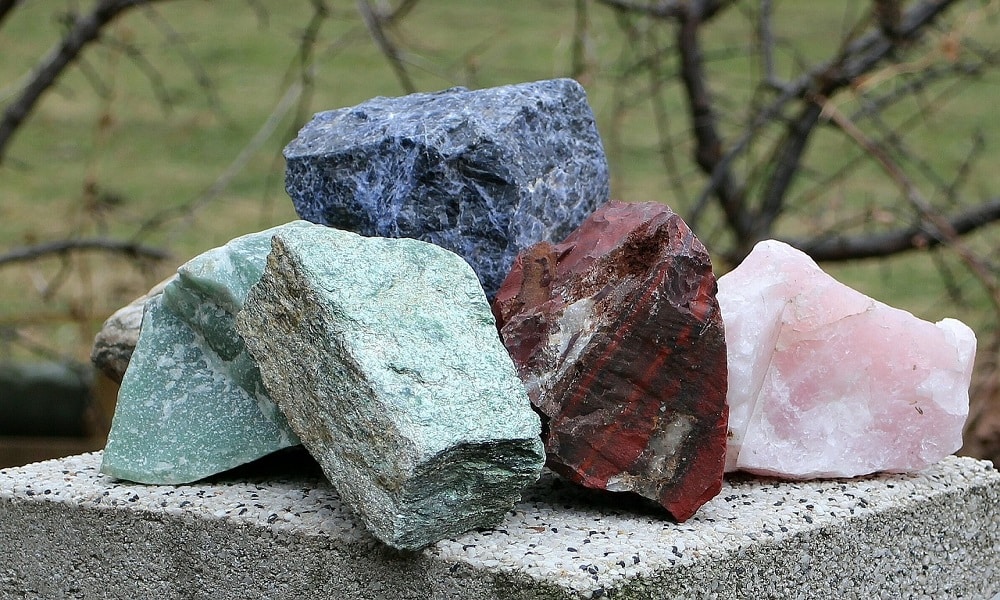Having the right documentation is important if you plan to work with a mineral rights broker. Accurate documentation allows the broker to assess your property’s value more accurately and helps streamline the process. Without proper documentation, the broker might struggle to establish ownership, potentially causing transaction delays or complications.
What documents are needed? Typically, these include proof of ownership and any prior deeds related to mineral rights. This information helps the broker determine the potential worth of the mineral assets. If you’re looking into selling or leasing your mineral rights, it’s beneficial to find experienced mineral rights brokers who understand the market and can make the process easier. This will make your transactions smoother and help you make informed decisions.
Effective communication and preparation go hand in hand when working with brokers. Gathering all necessary documents beforehand allows you to position yourself for a smooth and efficient transaction. This proactive approach benefits both parties and leads to fair and successful dealings in the mineral rights space.
The Role of Mineral Rights Brokers
Mineral rights brokers have several important duties when helping clients with their mineral interests. Their work involves evaluating and promoting these rights, building relationships in the industry, and managing negotiations and final agreements.
Expertise in Valuation and Marketing
Brokers assess the worth of mineral resources like oil, gas, or minerals on a property. This involves looking at current market trends and understanding the specifics of the minerals involved. They help clients understand how much their rights are worth and find the best ways to present these to potential buyers or lessees. Their skills in marketing these rights make a significant difference in attracting the right attention from investors or companies looking to explore or extract.
Networking and Industry Connections
Brokers maintain a wide array of professional relationships. They connect clients with potential buyers, investors, and industry experts. These connections can lead to more opportunities and better deals for those selling or leasing their mineral rights. Well-connected brokers can also provide valuable insights into market trends and future opportunities. Their networks are important in navigating the complexities of mineral transactions and can greatly influence the speed and success of transactions.
Negotiation and Closing Deals
Skilled brokers handle discussions and agreements between buyers and sellers of mineral rights. They work to get the best terms for their clients, considering both immediate financial gains and long-term benefits. Their role is to mediate and make sure that both parties are satisfied with the deal. They guide their clients through the legal and financial aspects of the deal, helping to finalize contracts and paperwork smoothly. Their abilities in this area are key to reaching successful agreements.
Importance of Documentation in Mineral Transactions
Providing the right documentation during mineral transactions helps protect your interests and makes the process smoother. It offers legal clarity, guarantees proper verification, and maintains accurate records for future reference.
Legal Protection and Clarity
Proper documentation in mineral transactions helps protect you legally. You know the terms and conditions involved by having clear documents like lease agreements and conveyance deeds. This prevents disputes and misunderstandings. Documentation outlines who owns the rights and the specific terms agreed upon. This clarity is important for both parties, as it acts as a solid legal foundation.
Having legal documents documents makes it easier if there are any legal claims in the future. These documents can be used in court to support your position if needed. You can avoid potential problems by having everything clearly stated on paper.
Due Diligence and Verification
Before entering a mineral transaction, you need to verify the details. Documentation plays an important role here. You can confirm ownership by reviewing deeds, royalty statements, and other records. This step is important to confirm that the person claiming to own the rights really does.
During this process, you may discover useful information about the mineral rights, such as past agreements or leases. This information can affect the way you move forward with the transaction. A thorough documentation review helps you make an informed decision and avoid potential pitfalls.
Record Keeping and Future Reference
Maintaining records of mineral transactions is key for future reference. Keeping track of leases, deeds, and payments allows you to monitor past activities and agreements. This is useful if you need to look back and check details or terms that were agreed upon earlier.
Good record-keeping also helps in planning future transactions. Organized records allow you to learn from past experiences and make informed decisions going forward. It’s also beneficial for tax purposes or if you decide to sell or lease your mineral rights. Having everything well-documented guarantees you’re always prepared with the necessary information.
Conclusion
Providing the right documentation is important when working with a mineral rights broker. This helps confirm your ownership and makes negotiations smoother. The main documents you should have ready include title deeds, lease agreements, and royalty statements.
Preparation is key. Make sure all documents are clear and up-to-date. This will help in getting fair deals and protect your interests in any agreement. Working with a broker can then become more straightforward and transparent.


